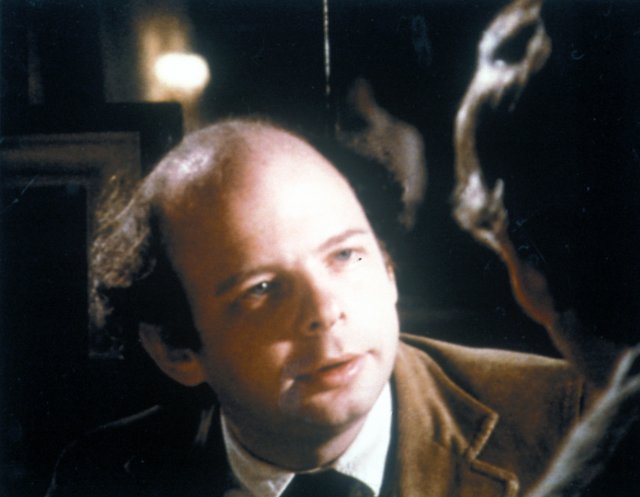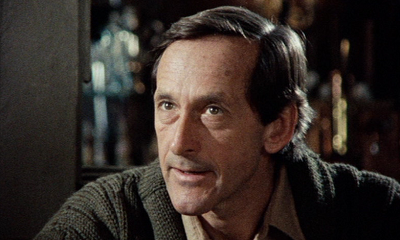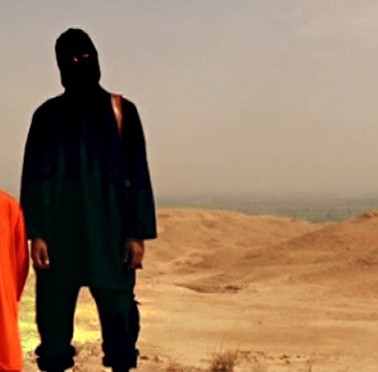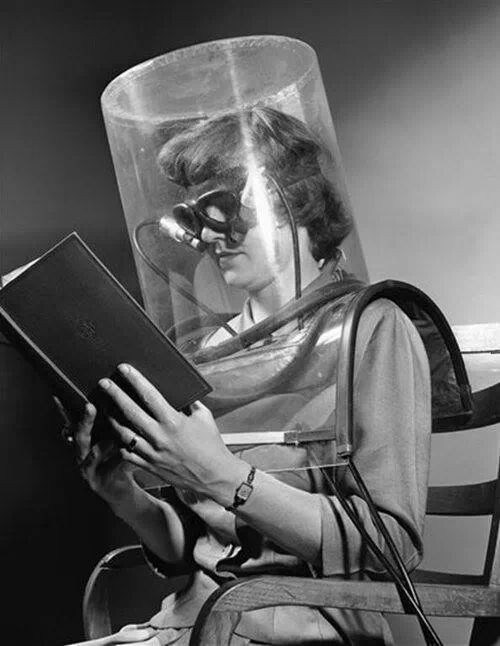
Wallace Shawn talking to the Paris Review last year about My Dinner with Andre, one of my obsessions:
“Paris Review:
How did My Dinner with André get set up, as they say?
Wallace Shawn:
After André directed Our Late Night, he decided to get out of theater. Then, three years later, he came back and said, Let’s do something else. And I thought, Let’s not do a play, let’s do a television film of some kind—talking heads, you and me. You’ll be you—you’ll tell about all these amazing things that you did while you were not working in the theater—and I will be sort of the way I really am, somewhat skeptical, and that will be funny. So we talked on tape, audio tape, for many months, and I wrote a script that was based on the transcriptions of those tapes. And after much discussion of all the world’s great directors, André and I decided to send the script to Louis Malle. Amazingly, we reached him quite quickly, through Diana Michener, a mutual friend, and our script must have come at exactly the right moment in his schedule, and apparently it came at the right moment in his life as well, because it rang some bell with him. He read the script almost immediately and then called André and said, Let’s do it.
Paris Review:
Why Malle?
Wallace Shawn:
Louis Malle was a superb storyteller, and we felt he’d bring out the story, the plot of the script, because it has a plot, even though it seems we’re just idly talking. Malle also had a great sense of humor. And he had a fearless what-the-hell attitude. Many directors would have been terrified that the audience would become bored, and they would have been tempted to illustrate the various stories with flashbacks or at least to cut away to other events in the restaurant. Louis wasn’t frightened of the audience and didn’t do those things.
Paris Review:
How long was the shoot?
Wallace Shawn:
Three weeks. In the first week, though, Louis Malle simply tested out various complicated camera moves. By the end of the week, he’d decided he didn’t want to do any of them. So basically we had ten days, and we went methodically from one angle to the next, with one camera, and we shot ten feet of film for every foot we used, as in any normal film.”





